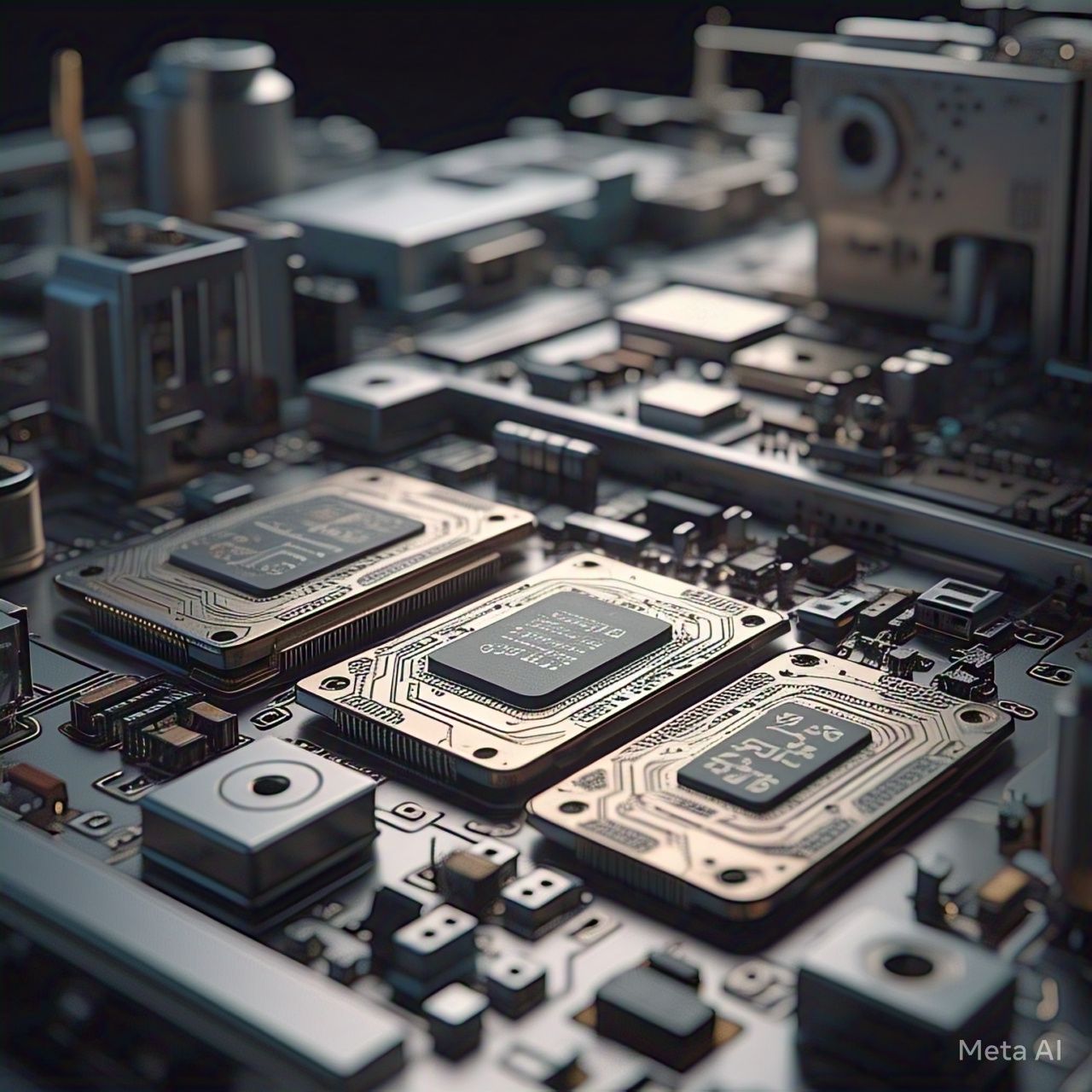Introduction
Smartwatches have evolved far beyond simple step counters and heart rate monitors. Today, they serve as miniature AI-powered computers on our wrists, capable of real-time health tracking, voice assistance, and personalized recommendations. At the core of this transformation are AI mobile chips, which are redefining what smartwatches can do.
As competition heats up among tech giants like Apple, Samsung, and Google, the race to develop the smartest smartwatch is accelerating. The key to this race? More advanced AI chips that enhance performance, efficiency, and real-time decision-making. Let’s dive into why AI mobile chips matter and how they are shaping the future of wearable technology.
How AI Mobile Chips Enhance Smartwatch Capabilities
1. Real-Time Health and Fitness Tracking
One of the biggest benefits of AI mobile chips in smartwatches is their ability to process health data in real time. AI-powered smartwatches can:
- Detect irregular heart rhythms and early signs of health issues like atrial fibrillation.
- Analyze sleep patterns and provide personalized recommendations.
- Monitor blood oxygen levels and stress levels with greater accuracy.
- Optimize workout tracking, automatically recognizing different exercises.
By leveraging AI chips, smartwatches analyze and interpret health metrics faster without needing to constantly connect to the cloud, making them more efficient and responsive.
2. Smarter Voice Assistants and Natural Language Processing
AI mobile chips improve the responsiveness and accuracy of voice assistants like Siri, Google Assistant, and Bixby by:
- Processing voice commands directly on the device, reducing response times.
- Enhancing speech recognition, making interactions smoother and more intuitive.
- Translating languages in real time, breaking communication barriers.
By running AI models locally, smartwatches deliver faster, more private, and more personalized voice interactions without always needing an internet connection.
3. AI-Driven Personalization and Predictive Intelligence
AI mobile chips enable smartwatches to learn user behaviors over time, allowing for:
- Smarter notifications, filtering only the most important alerts.
- Proactive reminders, such as hydration alerts or movement prompts.
- Adaptive user interfaces, adjusting settings based on activity and environment.
For example, AI can predict when you’ll start your morning workout and automatically adjust music, display metrics, and activate workout mode before you even press a button.
4. Improved Battery Efficiency with AI Optimization
Battery life has always been a major challenge for smartwatches. AI mobile chips help by:
- Optimizing power consumption, extending battery life without sacrificing performance.
- Managing background processes more efficiently, ensuring apps don’t drain power unnecessarily.
- Adapting screen brightness and refresh rates, depending on the user’s needs and surroundings.
By integrating machine learning-driven power management, AI chips help smartwatches last longer on a single charge, a crucial feature for users on the go.
5. Enhanced On-Device Security and Privacy
AI-powered chips enhance smartwatch security by:
- Detecting abnormal activity, such as unauthorized access attempts.
- Enabling advanced biometric authentication, like ECG-based identity verification.
- Processing sensitive data on-device, reducing risks associated with cloud storage.
This on-device AI processing ensures that health and personal data remain private, a growing concern among consumers.
The Future of AI Mobile Chips in Smartwatches
As AI mobile chips continue to evolve, we can expect:
- More sophisticated health monitoring, potentially detecting early signs of diseases like diabetes or hypertension.
- Smarter AI assistants, capable of more context-aware interactions.
- Seamless connectivity with other smart devices, creating a more integrated ecosystem.
- Innovations in gesture and touch-free control, enabling more intuitive interactions.
With each new smartwatch release, we’re seeing AI mobile chips push the boundaries of what wearables can do, making them smarter, faster, and more efficient.
Conclusion
The race for smarter smartwatches is being driven by advancements in AI mobile chips, which enhance health tracking, voice interactions, personalization, battery efficiency, and security. As these chips become more powerful and energy-efficient, they will continue to revolutionize wearable technology, offering users unparalleled convenience, insights, and control over their daily lives.




